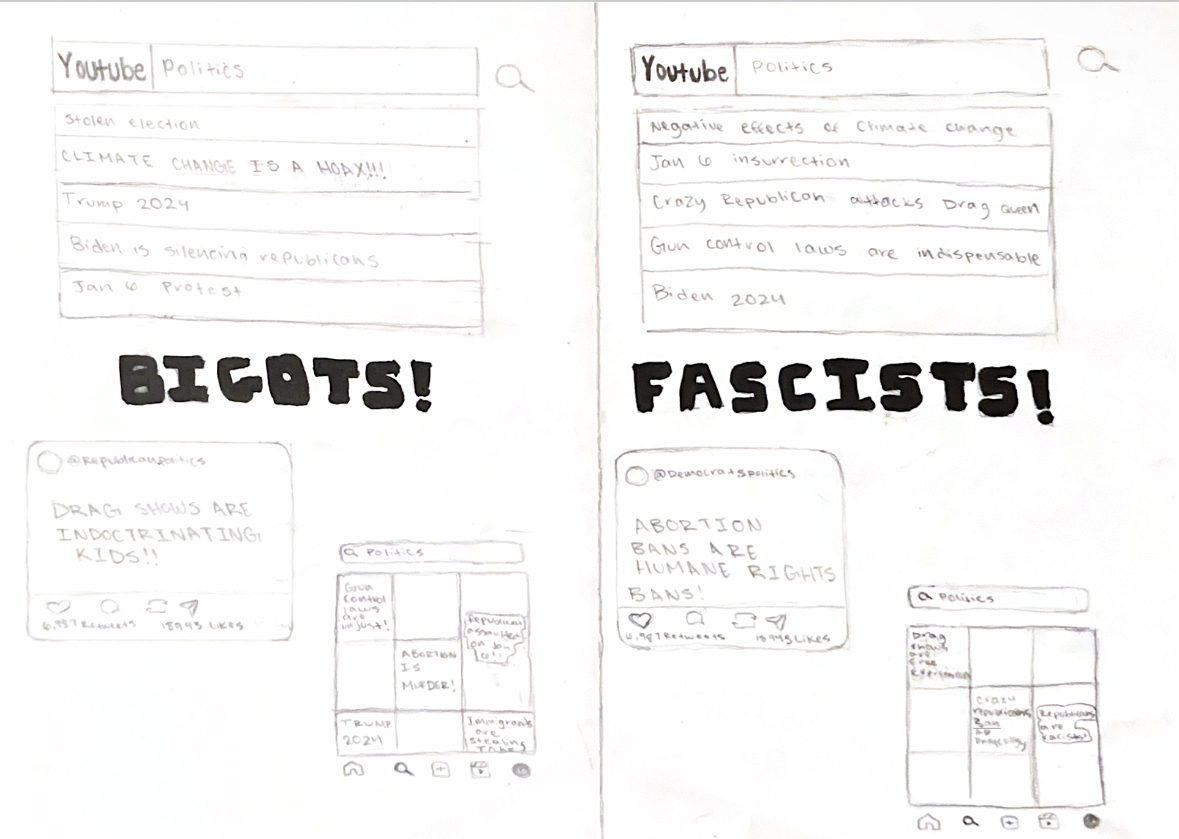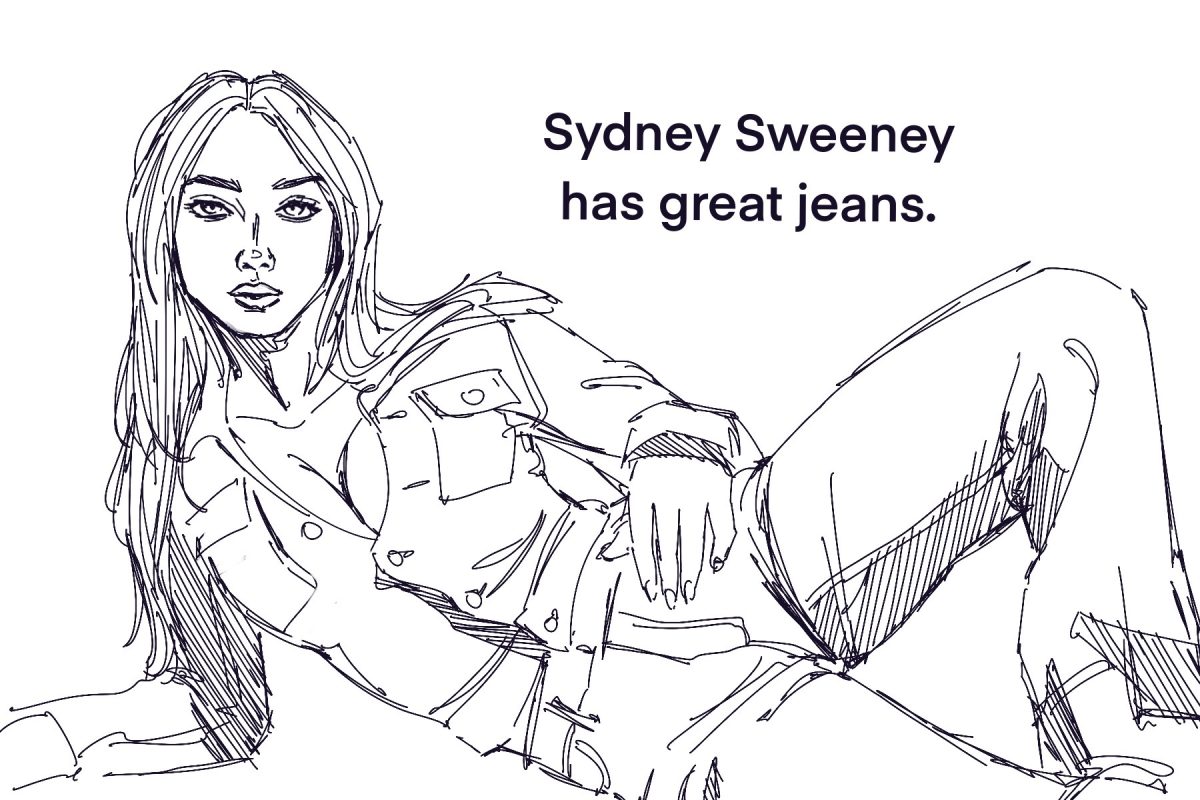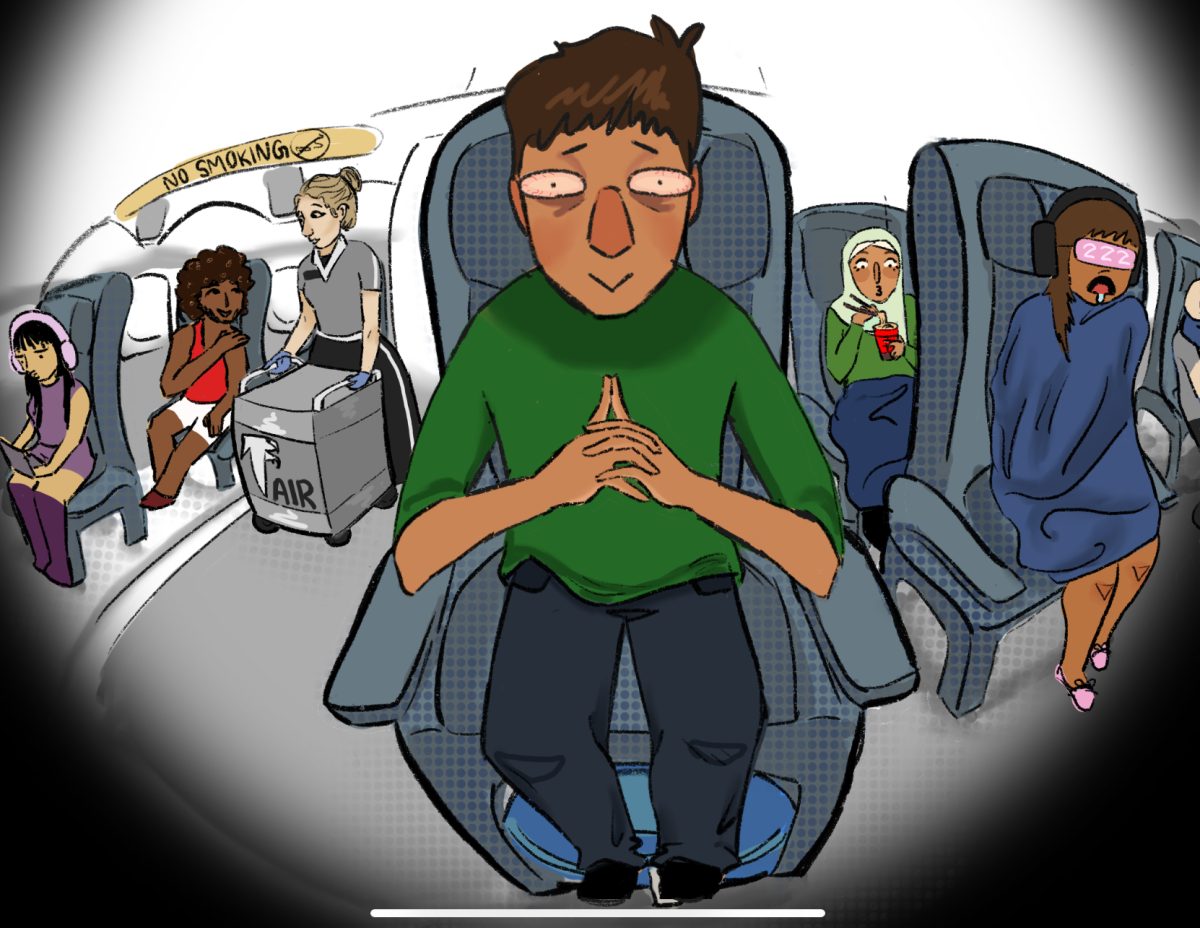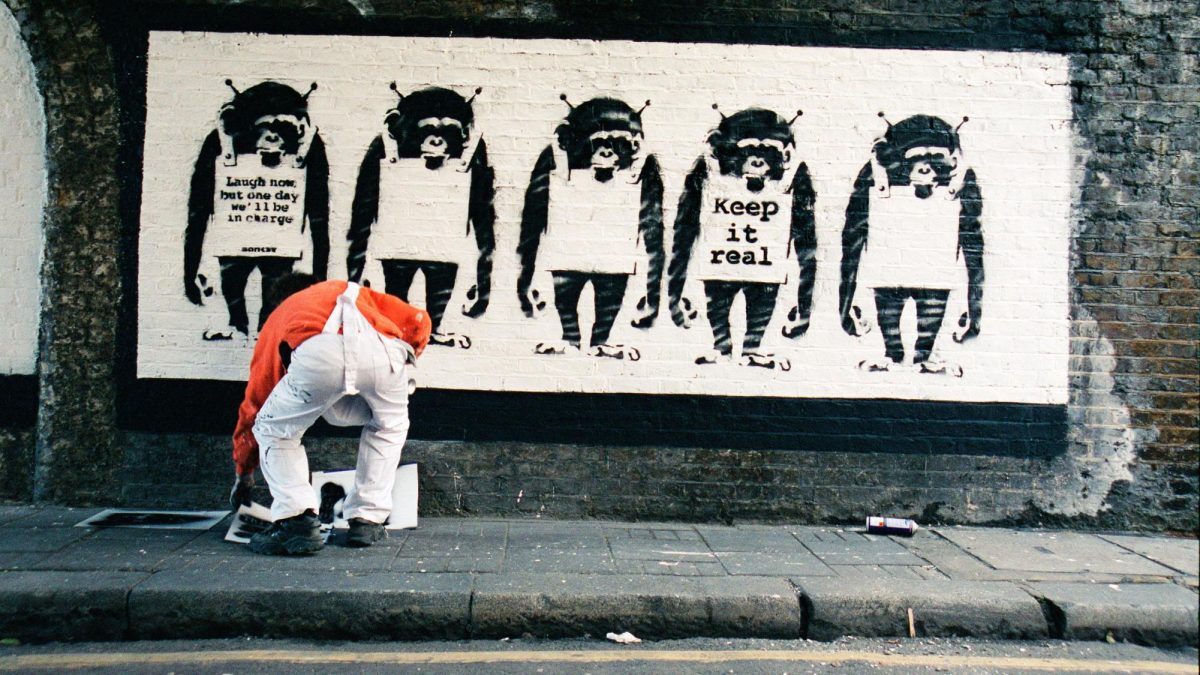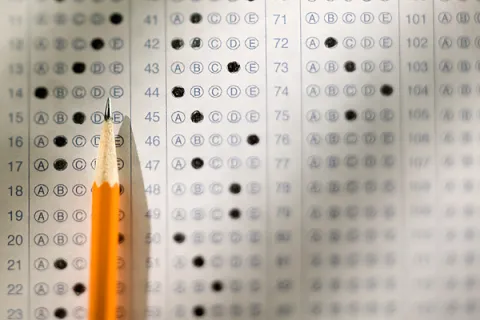The number of extremists is growing. Whether it’s on the far-left or far-right, America and the world at large are more divided than ever. Politics today seems to be more about proving the ‘other side’ to be bigots and lunatics than understanding viewpoints and making concrete progress. At the root of this issue is something now present in the lives of almost all students here at CRLS and many citizens of the globe: social media. Social media apps are designed to keep us glued to them, and they do this through a multitude of strategies: they provoke us, they make us sympathize, and most of all, they confirm the biases we already have.
Studies have shown that videos from “alt-right” or so-called “intellectual dark web” YouTubers consistently receive more engagement than unbiased news channels. Social media platforms, such as YouTube, recommend content that relates to content we have already viewed. If you click on a couple of videos titled “cute puppies and cats compilation,” platforms are likely to start recommending more animal-related videos until your entire feed is consumed by them. The same applies to political content, allowing users to go down rabbit holes that slowly introduce them to more and more extreme content.
They enter an “echo chamber” of sorts, where they are only exposed to politics and views that they agree with. This leads users to develop animosity towards the other political ‘side,’ and become so convinced that their views are ‘correct’ that it is only possible for them to engage in unproductive, belligerent conversation. This downward spiral of polarization also disincentives politicians from reaching out to the other side, because members of both sides stubbornly refuse to engage with opposing views. Whether you agree with someone or not, refusing to even consider your adversary’s viewpoint gets you and the people around you nowhere.
If you’ve ever been on X or Reddit, you’ve most certainly seen the consequences of polarization. Comments on political posts are often swarmed with accusations of bigotry and fascism rather than meaningful discourse. In this day and age, attitudes like this are increasingly common, particularly among young people. Impressionable teenage minds can easily undergo what is essentially self-indoctrination if they only engage with the online, super-hardline side of politics. This results not only in widespread angst and pessimism, but in a partisan standstill where neither side can accomplish anything. Instead of listening and conversing with people with opposing views, they are demonized and political conversation becomes political war.
The solution to this lies in detaching ourselves from the digital whirlwind that we often find ourselves lost in. It’s easy to get mixed up in a heated debate online or to squander your time on an infinite scroll that only isolates, rather than diversifies, your information. People often sequester themselves from the real world and become lost in the digital bubble. And while they are, in a way, victims, they are also at the root of the problem. Keep a wary eye on where you get your information and how it makes you feel, or else you might just become another brick in an unbreakable wall.
This article also appears in our February 2024 print edition.

